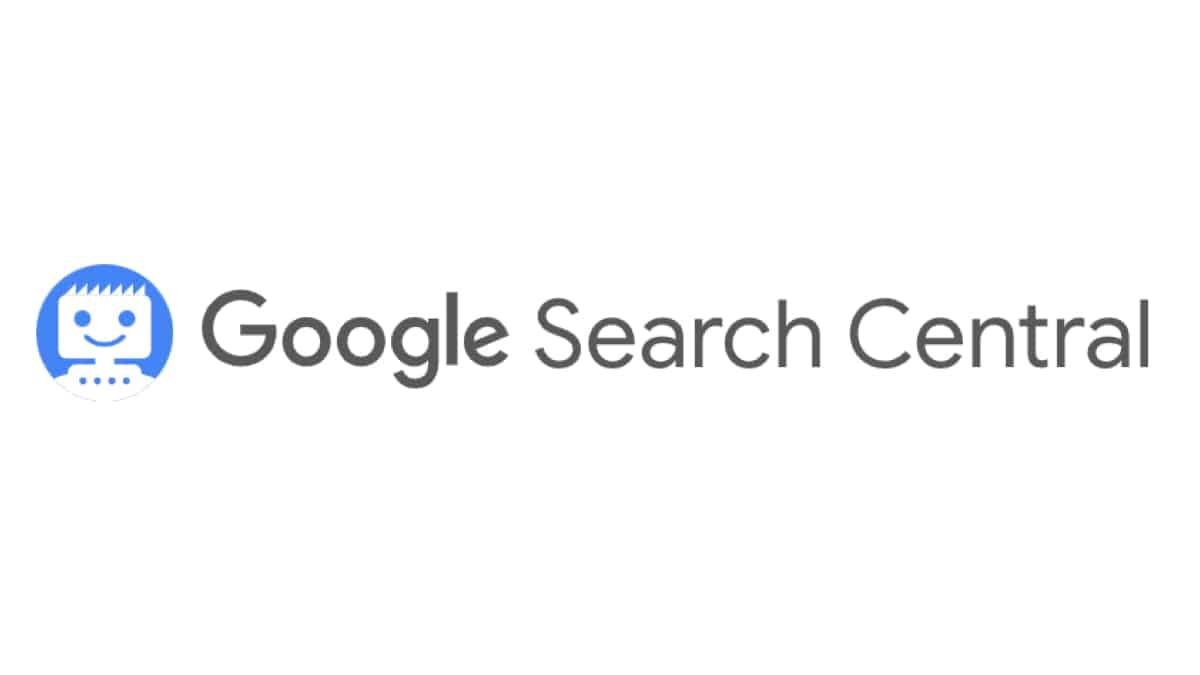Does Google penalize AI articles?

Table of Contents
With the emergence of numerous AI writing tools, such as ChatGPT and Jasper AI, you may be wondering: does Google penalize AI articles?
Considering these new AI bots can write articles in a fraction of the time it would take a human, the discussion around Google’s position on the matter mounts. Could there really be a punishment for using AI to compose an article?
Prime Day is finally here! Find all the biggest tech and PC deals below.
- Sapphire 11348-03-20G Pulse AMD Radeon™ RX 9070 XT Was $779 Now $739
- AMD Ryzen 7 7800X3D 8-Core, 16-Thread Desktop Processor Was $449 Now $341
- ASUS RTX™ 5060 OC Edition Graphics Card Was $379 Now $339
- LG 77-Inch Class OLED evo AI 4K C5 Series Smart TV Was $3,696 Now $2,796
- Intel® Core™ i7-14700K New Gaming Desktop Was $320.99 Now $274
- Lexar 2TB NM1090 w/HeatSink SSD PCIe Gen5x4 NVMe M.2 Was $281.97 Now $214.98
- Apple Watch Series 10 GPS + Cellular 42mm case Smartwatch Was $499.99 Now $379.99
- ASUS ROG Strix G16 (2025) 16" FHD, RTX 5060 gaming laptop Was $1,499.99 Now $1,274.99
- Apple iPad mini (A17 Pro): Apple Intelligence Was $499.99 Now $379.99
*Prices and savings subject to change. Click through to get the current prices.
In the past, Google has penalized sites for including generic, low-quality AI-generated content – and thank heavens they did.
Back in the day, some SEO specialists would use AI to manipulate Google’s ranking algorithm. They achieved this by including fragmented content on their pages, which would trick Google into awarding their articles with the top positions.
However, as time has passed the tech giant has shifted its stance. Google does not penalize all AI-generated content, it now only targets and punishes “spammy automatically-generated content” instead.
Given that the digital media company, Buzzfeed, has announced it will be integrating AI-generated content into its site, it seems that Google’s shift was inevitable.
Google has since updated its Search Essentials documentation to include the specifics on what they mean by “spammy” content.
Under the “Spammy automatically-generated content” section, they state you should avoid “text generated through automated processes without regard for quality or user experience”.
This would, of course, include AI-generated articles. So, if you are concerned about being penalized by Google, make sure your AI-generated text does not fall under the spam category.
If you need further reassurance Google’s Public Liaison for Search, Danny Sullivan, has also tweeted that the company is not against AI content. In fact, they are only against AI content that doesn’t consider the user.
Is AI content bad for SEO?
As you would expect, there are pros and cons to everything. So, is AI content bad for SEO? The thing is, AI-generated articles are not always SEO-friendly.
They won’t necessarily be optimized for search engines or be keyword-rich. However, if you make sure to edit and optimize your AI-generated content before publishing, you can mitigate most of these issues.
Can AI articles rank on Google?
The fact that Google does not explicitly penalize content generated by AI tools like ChatGPT means that these AI articles can still rank well on Google and other search engines.
However, they need to be considered somewhat to ensure they are not ‘spammy’. Any inaccuracies or poorly, unnaturally worded text will likely rank lower on Google.
Should I use AI to write articles?
If you’re on a tight schedule and need to get lots of content out quickly, using AI might be a good idea. However, most articles written by an AI service like ChatGPT will need a degree of human input in order to give them any kind of personal touch. If you are writing an opinion piece or anything that requires critical thinking, it might be a better idea to do it yourself.
Final Thoughts
We can safely say that Google is not fully against AI-generated articles. If you decide to integrate AI into your website, it’s important to make sure it adheres to Google’s guidelines regarding spammy content.
If you found this article useful, why not read How can you access Google Bard AI next?

